There are two main types of tents for outdoor enthusiasts: backpacking tents and camping tents. Each serves a different purpose and comes with its own set of features. Knowing the differences between them is key to picking the right shelter for your outdoor adventures. The correct choice can greatly impact your comfort, convenience, and safety in the wilderness. This guide outlines the main contrasts between backpacking and camping tents to help you make an informed decision for your next trip.
1. Purpose and Design: Tailored for Different Adventures
The purpose of a tent guides its design. Backpacking and camping tents are created with different goals in mind, which affects their features and structure.
Backpacking Tents: Minimalism on the Trail
Backpacking tents are made to be light and small. They're perfect for hikers who carry all their gear on long trips. These tents are easy to pack and carry. They use thin, strong materials to keep weight down. Inside, there's just enough room to sleep and store a few items. The design helps them stand up to wind without adding extra weight.
Camping Tents: A Home Away From Home
Camping tents are built for comfort during longer stays at a campsite. They're bigger and have more features than backpacking tents. Most camping tents are tall enough to stand up in. Many have separate areas for sleeping and storing gear. Some even have room dividers for privacy. These tents are made to be sturdy and can handle staying set up for days or weeks. They're great for families or groups who want a comfortable outdoor living adventure.
The main difference is that backpacking tents focus on being portable, while camping tents prioritize comfort and space. Campers who drive to their site can bring these larger tents without worrying about carrying them far.
2. Weight and Packability: The Portability Factor
The weight of a tent and how small it can be packed are important, especially if you need to carry it yourself. Backpacking and camping tents are very different in these ways.
Backpacking Tents: Easy to Carry
Backpacking tents are made to be very light. Most weigh between 2 to 5 pounds. They're made with very thin but strong materials. These tents can be folded up very small, often as small as a water bottle. This makes them easy to fit in a backpack.
Camping Tents: Heavier but More Comfortable
Camping tents are heavier because they focus on comfort rather than being easy to carry. They usually weigh from 10 to 30 pounds, sometimes even more. The materials used are thicker and stronger, which makes them heavier. These tents don't fold up as small as backpacking tents. They often come in big bags that you might need to carry on their own.
The weight and size of a tent when packed affect where and how you can use it. Backpacking tents give up some comfort to be easier to carry. Camping tents offer more space to live in but are harder to move around.
3. Size and Capacity: Space vs. Portability
The size of a tent greatly affects comfort and usability. Backpacking and camping tents differ significantly in their dimensions and living space.
Backpacking Tents: Compact Quarters
Backpacking tents are designed for minimal living. They provide just enough space for sleeping and storing essential gear. Most backpacking tents have low ceilings, not tall enough for standing. The width typically accommodates sleeping bags snugly, while the length fits most people lying down. This compact design may feel cramped but allows for easy transport on the trail.
Camping Tents: Spacious Shelters
Camping tents offer a more generous living area. They're often tall enough for adults to stand upright comfortably. The width allows for larger sleeping arrangements like air mattresses or cots, with extra room for movement. Many camping tents feature separate areas for sleeping, gear storage, and general living space. Some larger models can even accommodate tables and chairs inside.
The size difference between these tent types reflects their intended use. Backpacking tents sacrifice space for portability, while camping tents prioritize comfort for extended stays at a campsite.
4. Durability and Weather Resistance: Shelter from the Elements
Your tent keeps you safe from wind, rain, and sun. Backpacking and camping tents are made differently to handle these challenges.
Backpacking Tents: Light but Tough
Backpacking tents need to be strong without being heavy. They use special materials to do this.
These tents are often made with thin but strong fabrics. These materials keep the tent light while still protecting you from rain and wind.
Good backpacking tents can handle some rain and wind. Many have two layers: an inner tent and a waterproof outer cover. In very bad weather, you might need to choose your camping spot carefully.
Camping Tents: Made to Last
Camping tents don't need to be as light, so they can be made stronger. They're built to stay up for longer in all kinds of weather.
These tents use thicker, stronger materials. They have strong zippers and poles. The seams where pieces of fabric join are made extra strong.
Camping tents are great at keeping out bad weather. Many have big raincovers, extra ties to hold them down in strong winds, and waterproof floors. Some can even be used in winter and can handle snow.
5. Setup Complexity: Ease of Assembly
The way a tent is set up can make a big difference in your outdoor trip. Backpacking and camping tents are put together in different ways.
Backpacking Tents: Swift and Simple
Backpacking tents are made to be set up quickly, often by just one person. This is important because hikers might need to set up camp fast, especially if bad weather is coming or it's getting dark.
These tents usually have light poles that are easy to put together. The tent itself often clips onto the poles, which is faster than threading poles through sleeves. The rain cover is also simple to throw over the top. With some practice, most people can set up a backpacking tent in 5-10 minutes.
Camping Tents: More Time, More Features
Camping tents usually take longer to set up, but they give you more space and extra features. People who use these tents often have more time to set up camp, so the tents can be more complex.
These tents often have more poles, and some might have separate rooms inside. The rain cover can be big and sometimes tricky to put on right. It might take 10-30 minutes to set up a camping tent, depending on how big and complicated it is.
6. Versatility and Seasonality: Adapting to Nature's Moods
Tents need to work well in different types of weather. Backpacking and camping tents are made to handle weather in different ways.
Backpacking Tents: Good for Most Weather
Most backpacking tents are made for use in spring, summer, and fall. They balance being light with protecting you from weather. These tents usually have:
- Mesh parts to let air in when it's warm
- Rain covers that can be adjusted
- Light materials that work well in mild weather
But these tents have limits. They might not work well in very cold weather or strong winds. They're not made for winter mountain climbing or very bad weather.
Camping Tents: Made for All Seasons
Camping tents come in more types for different weather.
- Summer Tents: These are made for warm weather. They have big mesh windows to let air in and keep bugs out.
- Spring, Summer, and Fall Tents: These work well in three seasons. They're stronger than backpacking tents and keep out rain better.
- Winter Tents: Some camping tents are made for cold weather. They have strong poles and tough fabric. They can handle snow and strong winds.
You can choose a camping tent that fits the weather you'll camp in. Backpacking tents work well for most weather, but camping tents give you more choices for all seasons.
Pick Your Tent to Start Your Adventure
Backpacking and camping tents are made for different uses. Backpacking tents are light, easy to carry, and quick to set up. They're great for hikers. Camping tents are bigger, more comfortable, and better in bad weather. They're good for long stays or family trips. To choose the right tent, think about where you're going, how you'll get there, how long you'll stay, and what the weather might be like. The best tent is the one that fits your trip. With the right tent, you'll have a better time outdoors.

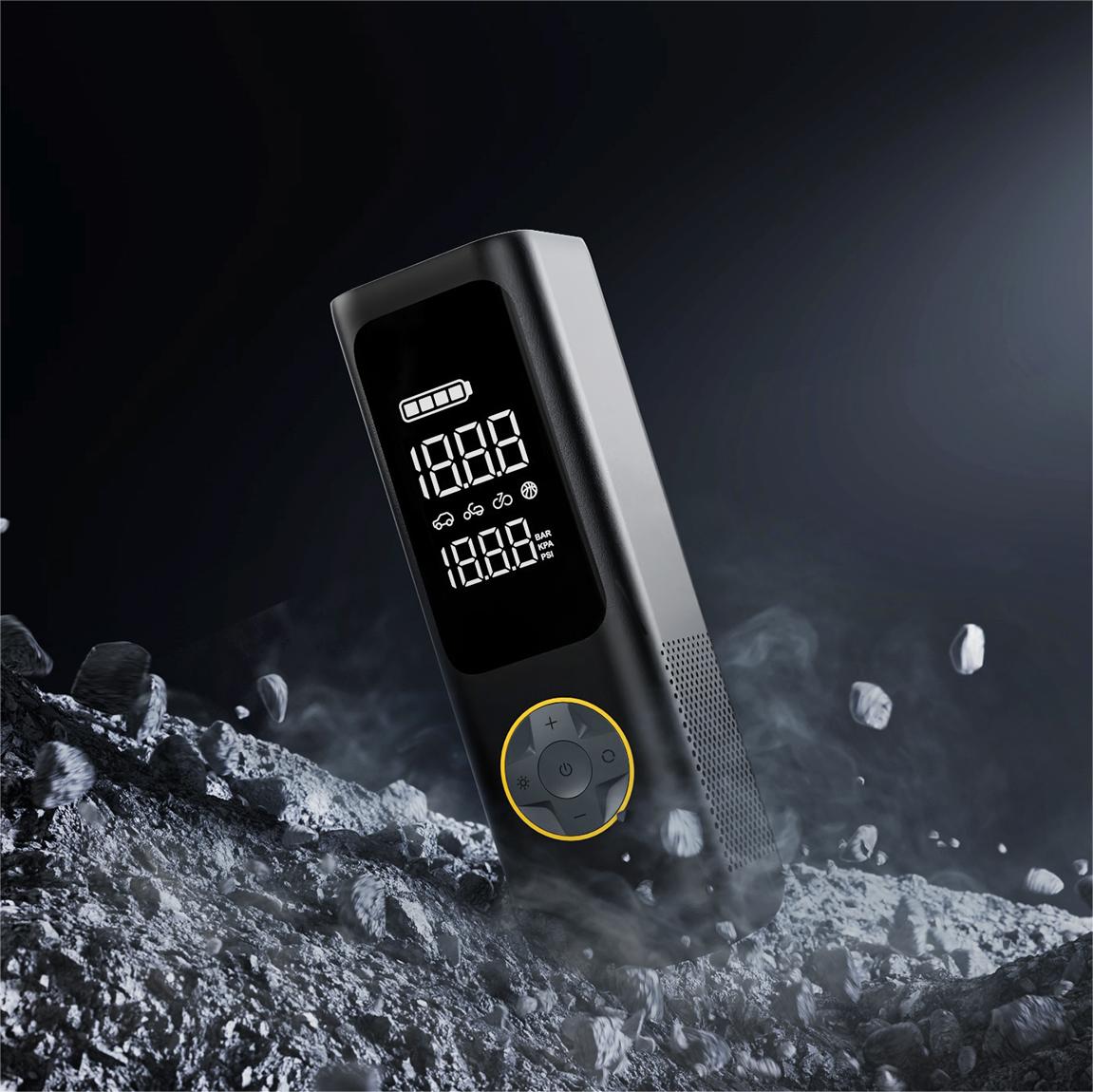
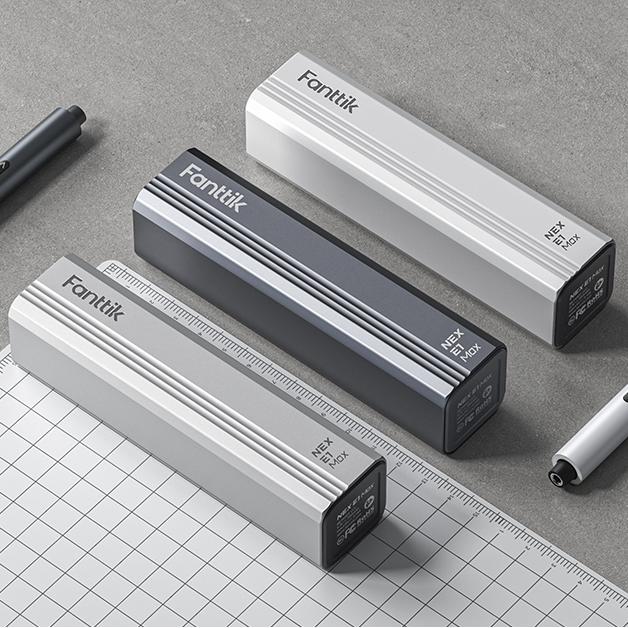
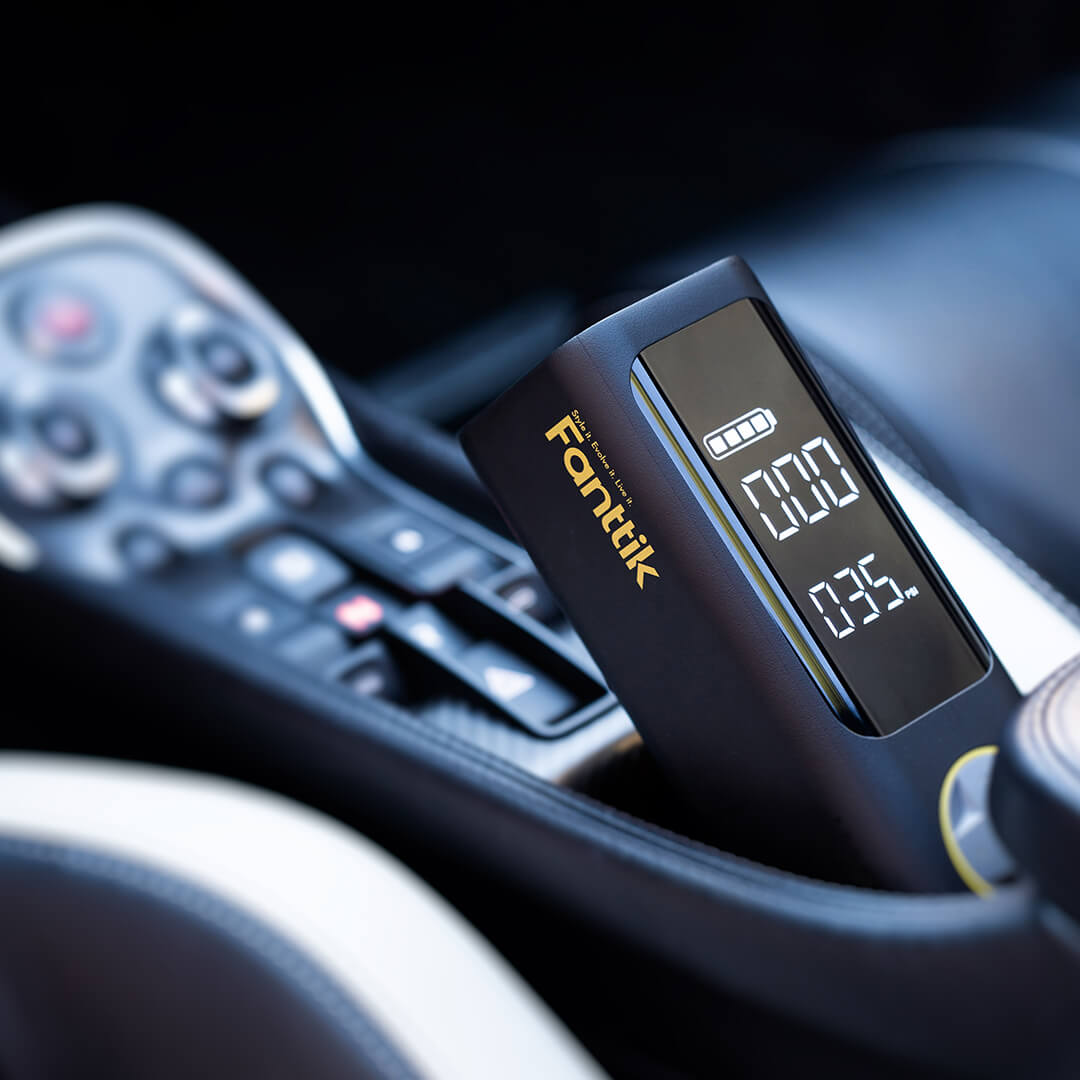
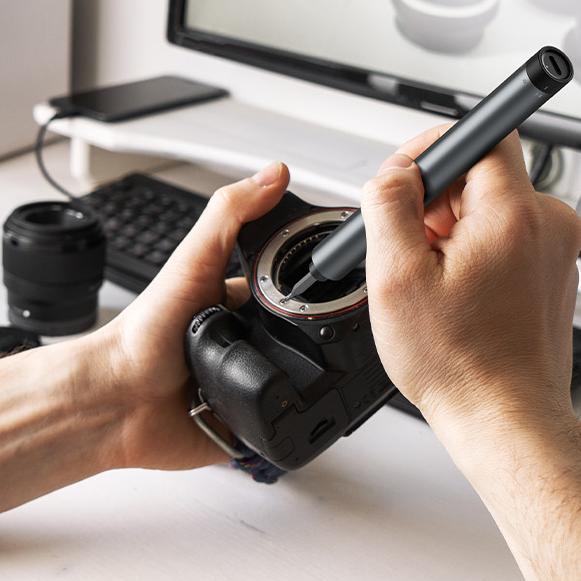
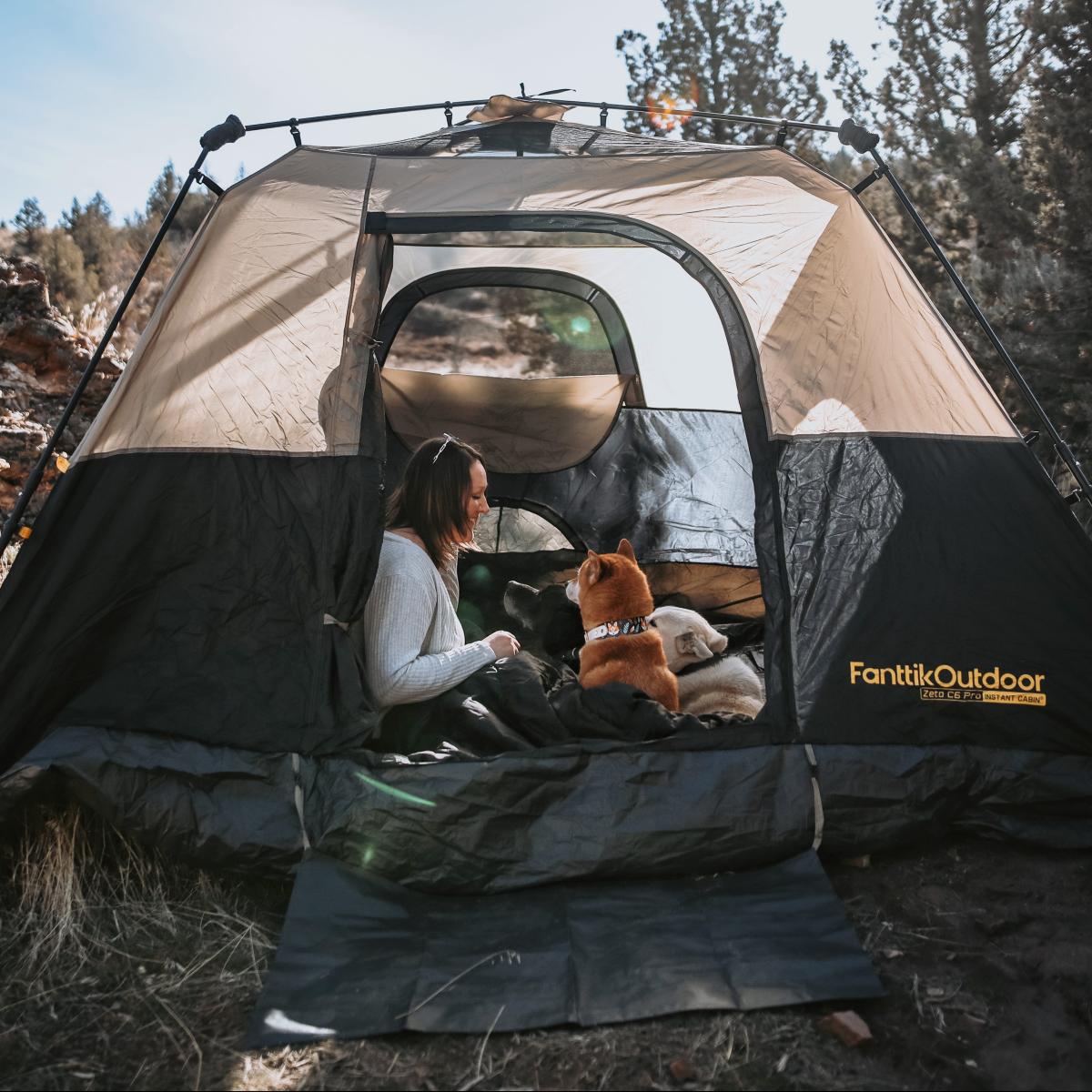
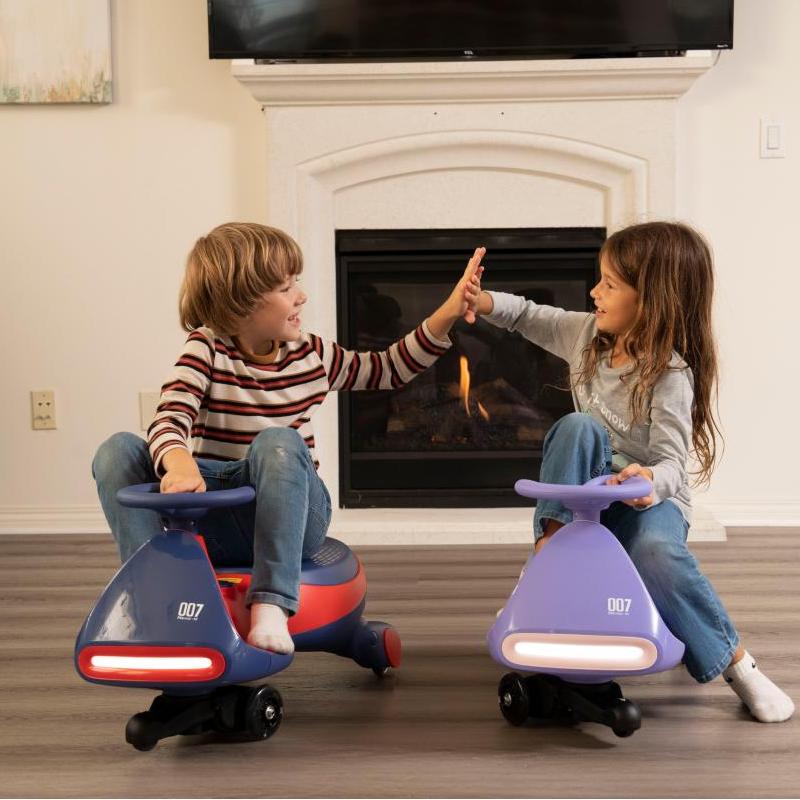



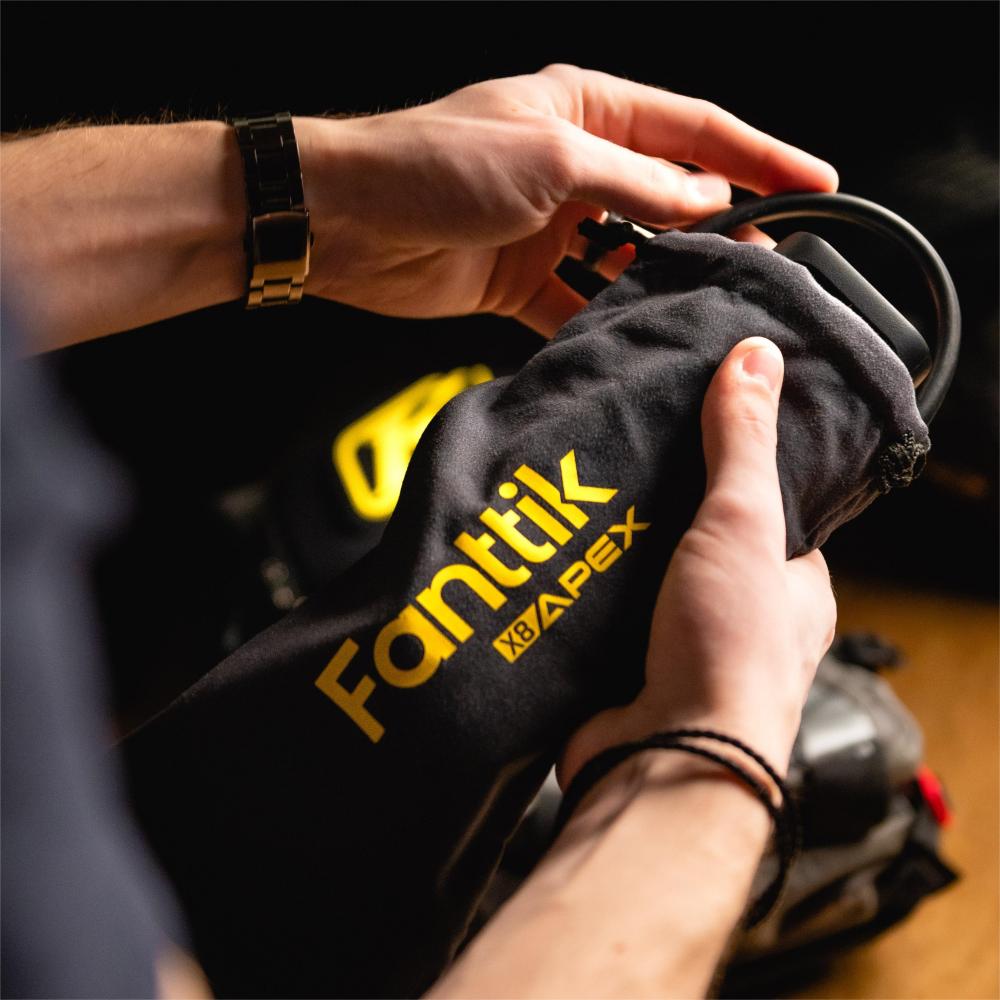
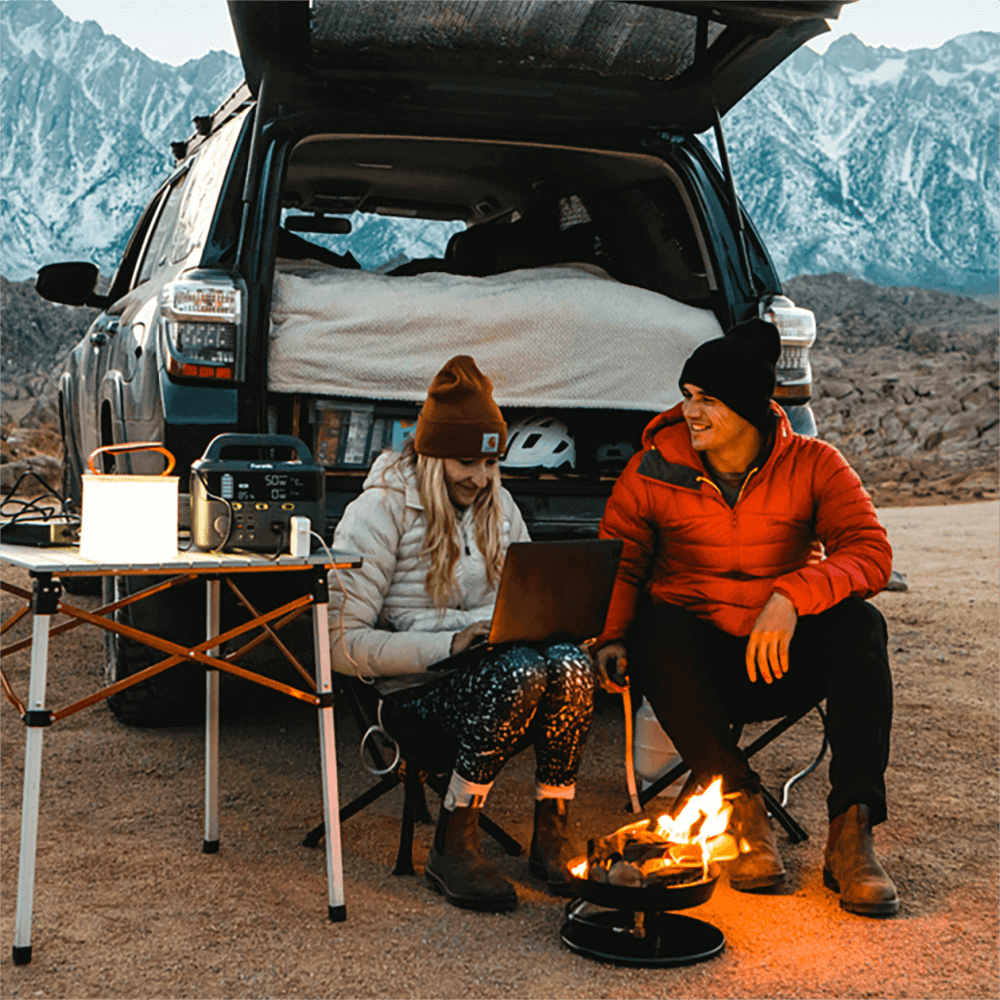
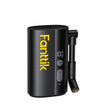
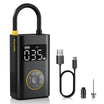
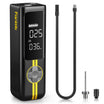
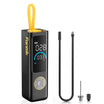
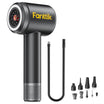
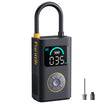
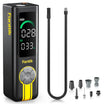
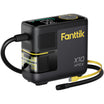
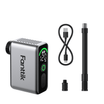
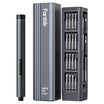
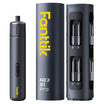
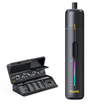

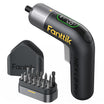
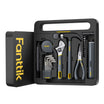
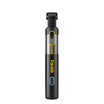
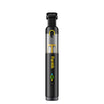
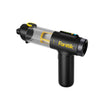
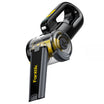
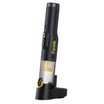
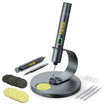
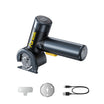
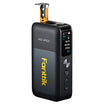
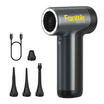

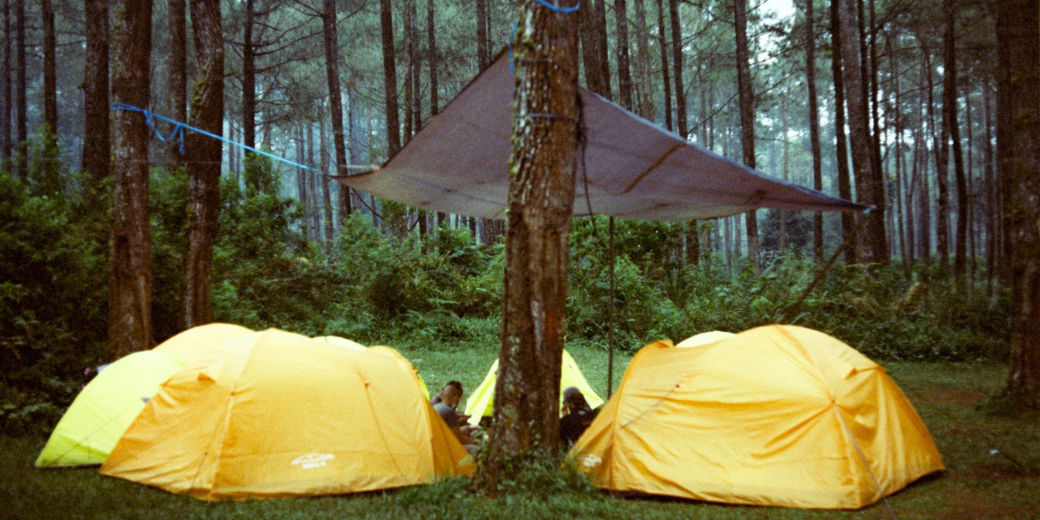
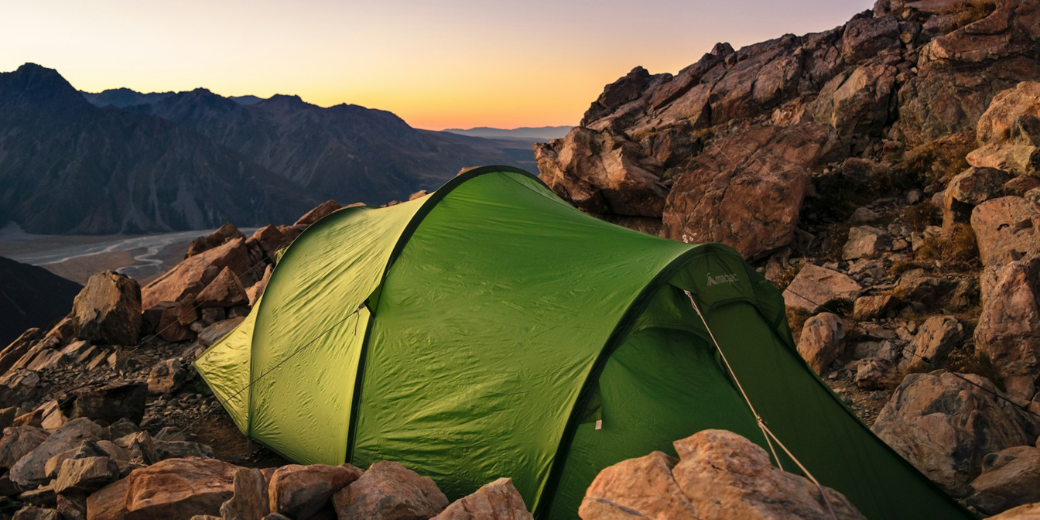
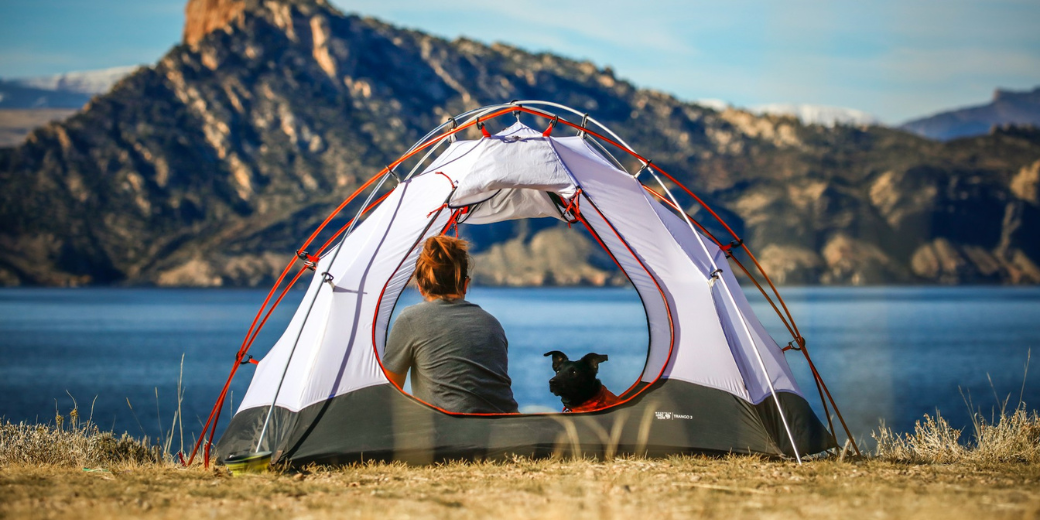
Leave a comment
This site is protected by hCaptcha and the hCaptcha Privacy Policy and Terms of Service apply.